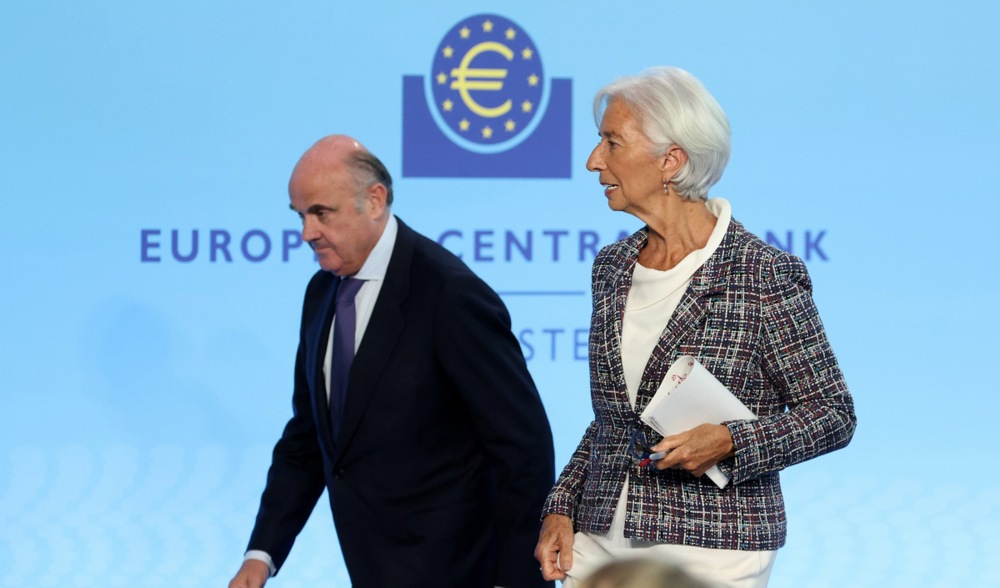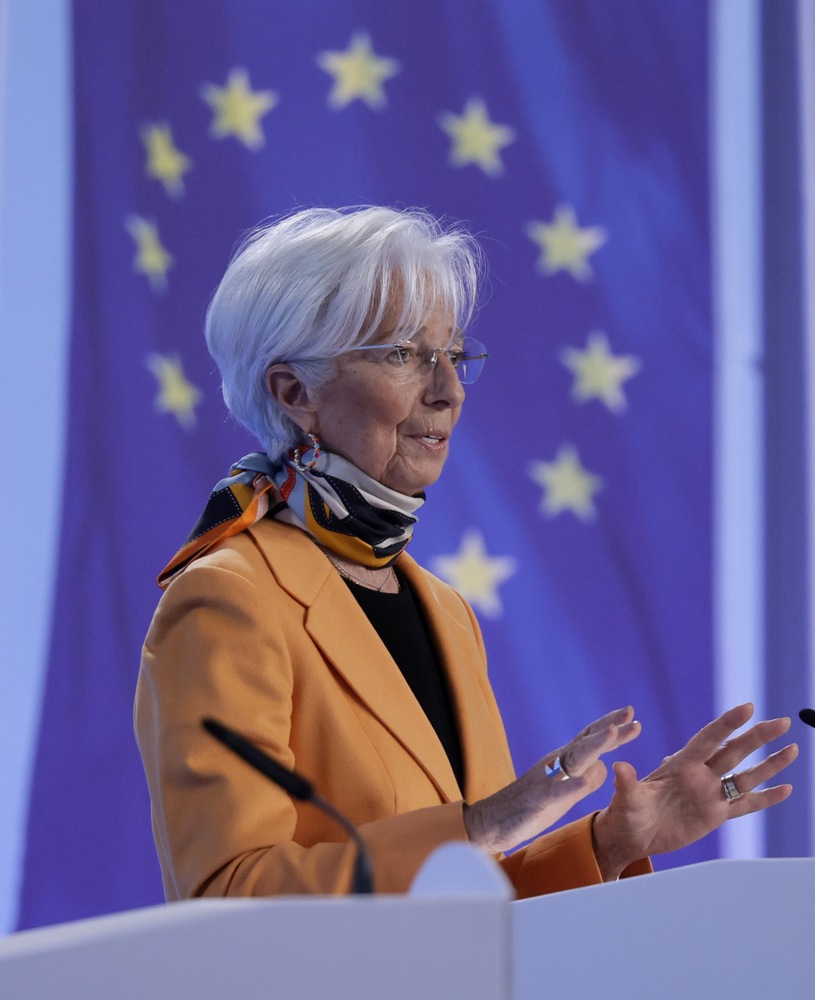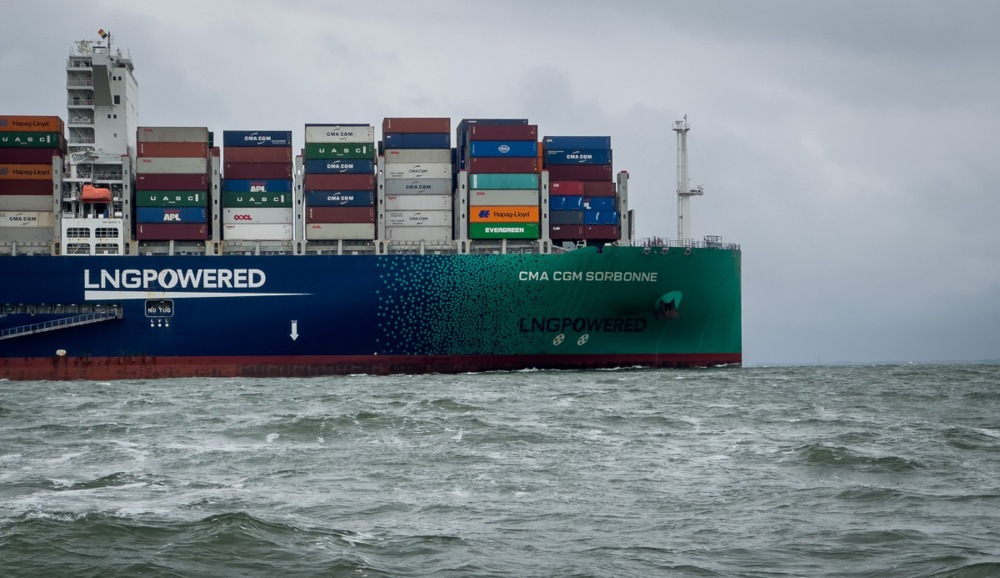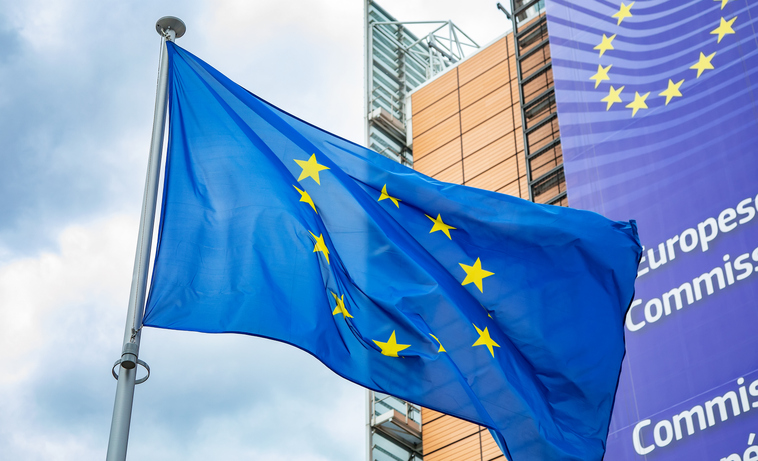The European Central Bank (ECB) signed a non-binding co-operation agreement with the People’s Bank of China and ECB President Christine Lagarde used the occasion to urge reforms.
Following the deal on June 10, she said: “We encourage China to further strengthen its institutional framework,” citing central bank independence, inflation targeting and communication as priorities.
She called on China — and subtly the US — to take responsibility for rebalancing the global economy, saying current trade distortions were unsustainable.
On June 11 in Beijing, Lagarde s said: “The world cannot rely on a single engine. We need more balanced global demand.”
The agreement, a technical memorandum of understanding, aimed to boost co-ordination on financial infrastructure, payment systems and policy dialogue. It did not bind either side legally but created a framework for structured contact between the two institutions.
Still, Lagarde made clear the ECB expected more than dialogue. She urged China to shift its economic model, away from export dependence and towards stronger domestic consumption.
“Global growth is being held back by imbalances,” she said. “We need policies that support rebalancing.”
The message reflected growing concern in Europe over China’s rising trade surplus. In 2024, its current account hit 1.4 per cent of global GDP, a level not seen since 2008, according to IMF data. Meanwhile, Europe’s industry has struggled with weak demand and rising imports.
Lagarde avoided naming specific countries but stressed that “large surplus economies” had a role to play in correcting the gap.
The call aligned with recent ECB warnings that global trade tensions were becoming a threat to financial stability. Officials have pointed to the risk of fragmentation if major economies pursued export-led strategies without co-ordination.
Behind the speech was a shift in how the ECB saw its international role.
In previous years, the focus was on financial cooperation. Now, the emphasis was on moving towards economic rebalancing, with the ECB positioning itself as a voice for macro stability, not just price stability.
Lagarde repeated that the ECB would remain data-dependent but added that geopolitical shocks, including trade tensions, were now part of its policy horizon.
The bank recently cut its key interest rate to 2 per cent, the lowest in two-and-a-half years, reflecting concerns about the eurozone’s weak growth and the impact of global trade disruptions.
Inflation in the eurozone slowed to 1.9 per cent in May, just below the ECB’s target, giving policymakers room to maintain an accommodative stance amid uncertainty, according to the New York Times (NYT).
The speech also marked a subtle signal to the US.
While not directly addressed, Washington’s rising deficit and repeated use of trade restrictions were part of the context. Lagarde warned that “no single economy can carry global growth alone,” and called for coordinated efforts across “both sides of the Pacific”.
The NYT noted that the erratic US tariff policies have complicated global trade and heightened economic uncertainty, forcing Europe to absorb spill over effects and adjust its outlook.
The ECB said it expected trade tensions to weigh on business investment and exports in the near term but looked to increased government spending, especially on defence, to support growth going forward.
The message was blunt: Trade surpluses and deficits alike carried global consequences and central banks, Lagarde said, “have a role to play in supporting balanced, sustainable growth”.





